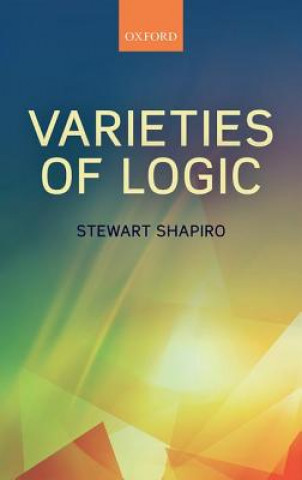
Kód: 04535031
Varieties of Logic
Autor Stewart Shapiro
Logical pluralism is the view that different logics are equally appropriate, or equally correct. Logical relativism is a pluralism according to which validity and logical consequence are relative to something. In Varieties of Log ... celý popis
- Jazyk:
 Angličtina
Angličtina - Vazba: Pevná
- Počet stran: 236
Nakladatelství: Oxford University Press, 2014
- Více informací o knize

Mohlo by se vám také líbit
-

Prayer to the Father of Heaven
206 Kč -

Ghost Stories
371 Kč -

Organizational Stress
1955 Kč -

Fundamentals Of Technical Rescue Instructor's Toolkit CD-ROM
10224 Kč -

Numbers of My Jewish Year
198 Kč -

Rewriting Russia
1088 Kč -

Peace and Justice - Seeking Accountability After War
888 Kč
Dárkový poukaz: Radost zaručena
- Darujte poukaz v libovolné hodnotě a my se postaráme o zbytek.
- Poukaz se vztahuje na celou naši nabídku.
- Elektronický poukaz vytisknete z e-mailu a můžete ihned darovat.
- Platnost poukazu je 12 měsíců od data vystavení.
Více informací o knize Varieties of Logic
Nákupem získáte 281 bodů
 Anotace knihy
Anotace knihy
Logical pluralism is the view that different logics are equally appropriate, or equally correct. Logical relativism is a pluralism according to which validity and logical consequence are relative to something. In Varieties of Logic, Stewart Shapiro develops several ways in which one can be a pluralist or relativist about logic. One of these is an extended argument that words and phrases like 'valid' and 'logical consequence' are polysemous or, perhaps better, are cluster concepts. The notions can be sharpened in various ways. This explains away the 'debates' in the literature between inferentialists and advocates of a truth-conditional, model-theoretic approach, and between those who advocate higher-order logic and those who insist that logic is first-order. A significant kind of pluralism flows from an orientation toward mathematics that emerged toward the end of the nineteenth century, and continues to dominate the field today. The theme is that consistency is the only legitimate criterion for a theory. Logical pluralism arises when one considers a number of interesting and important mathematical theories that invoke a non-classical logic, and are rendered inconsistent, and trivial, if classical logic is imposed. So validity is relative to a theory or structure. The perspective raises a host of important questions about meaning. The most significant of these concern the semantic content of logical terminology, words like 'or', 'not', and 'for all', as they occur in rigorous mathematical deduction. Does the intuitionistic 'not', for example, have the same meaning as its classical counterpart? Shapiro examines the major arguments on the issue, on both sides, and finds them all wanting. He then articulates and defends a thesis that the question of meaning-shift is itself context-sensitive and, indeed, interest-relative. He relates the issue to some prominent considerations concerning open texture, vagueness, and verbal disputes. Logic is ubiquitous. Whenever there is deductive reasoning, there is logic. So there are questions about logical pluralism that are analogous to standard questions about global relativism. The most pressing of these concerns foundational studies, wherein one compares theories, sometimes with different logics, and where one figures out what follows from what in a given logic. Shapiro shows that the issues are not problematic, and that is usually easy to keep track of the logic being used and the one mentioned.
 Parametry knihy
Parametry knihy
Zařazení knihy Knihy v angličtině Language linguistics Philosophy of language
2813 Kč
- Plný název: Varieties of Logic
- Autor: Stewart Shapiro
- Jazyk:
 Angličtina
Angličtina - Vazba: Pevná
- Počet stran: 236
- EAN: 9780199696529
- ISBN: 0199696527
- ID: 04535031
- Nakladatelství: Oxford University Press
- Hmotnost: 388 g
- Rozměry: 223 × 144 × 18 mm
- Datum vydání: 04. September 2014
Oblíbené z jiného soudku
-
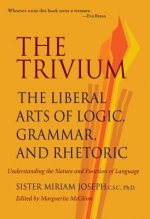
Trivium
515 Kč -

Making the Social World
303 Kč -

Inquiry into Modes of Existence
903 Kč -

Language Instinct
357 Kč -

Essential Chomsky
500 Kč -

Practice Makes Perfect English Articles and Determiners Up Close
333 Kč -

Rosicrucian Manual
389 Kč -

Making It Explicit
1357 Kč -

Image Music Text
276 Kč -

Practice Makes Perfect English Pronouns and Prepositions, Second Edition
374 Kč -

Constructing the World
2060 Kč -

How Language Works
357 Kč -

Construction of Social Reality
357 Kč -

What Kind of Creatures Are We?
360 Kč -
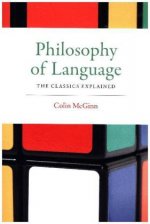
Philosophy of Language
1034 Kč -
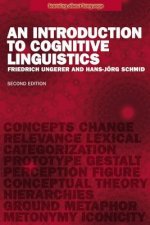
Introduction to Cognitive Linguistics
2305 Kč -

Language Hoax
366 Kč -
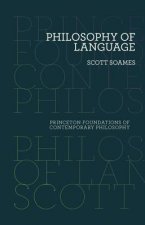
Philosophy of Language
659 Kč -

More than Cool Reason
852 Kč -
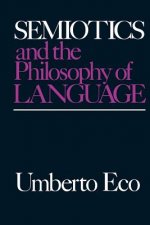
Semiotics and the Philosophy of Language
627 Kč -
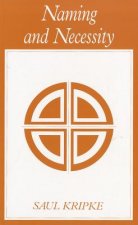
Naming and Necessity
697 Kč -

Latin
782 Kč -
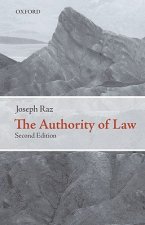
Authority of Law
1354 Kč -
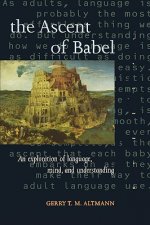
Ascent of Babel
2493 Kč -

Inferentialism
4204 Kč -

Process Philosophy of Signs
853 Kč -
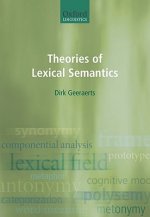
Theories of Lexical Semantics
1584 Kč -

Critical Introduction to the Philosophy of Language
1550 Kč -
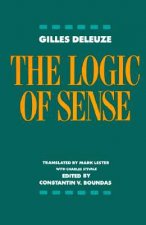
Logic of Sense
633 Kč -

Philosophy of Language
1514 Kč -

From Hand to Mouth
1185 Kč -
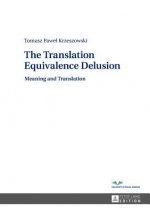
Translation Equivalence Delusion
2730 Kč -

Philosophy of Poetry
3022 Kč -
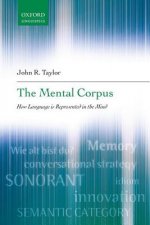
Mental Corpus
1526 Kč -

Ontology after Carnap
2996 Kč -

How to Do Things with Words
1515 Kč -
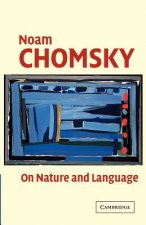
On Nature and Language
1488 Kč -
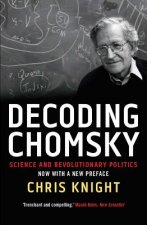
Decoding Chomsky
291 Kč -
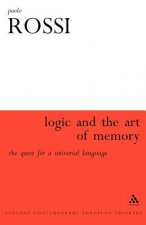
Logic and the Art of Memory
3635 Kč -
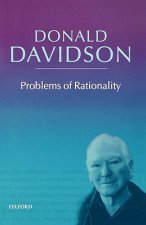
Problems of Rationality
1709 Kč -

Practice Makes Perfect English Verb Tenses Up Close
500 Kč -

Language Animal
966 Kč -

Metaphor
1332 Kč -
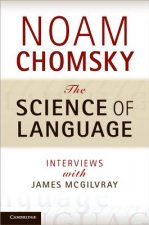
Science of Language
910 Kč -

Literary Mind
736 Kč -

What Kind of Creatures Are We?
554 Kč -
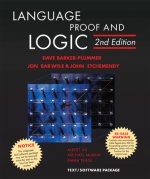
Language, Proof, and Logic
2343 Kč -
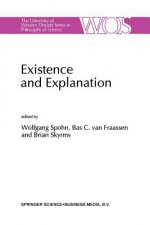
Existence and Explanation
5094 Kč -
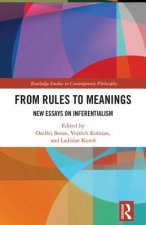
From Rules to Meanings
5564 Kč
Osobní odběr Praha, Brno a 12903 dalších
Copyright ©2008-24 nejlevnejsi-knihy.cz Všechna práva vyhrazenaSoukromíCookies



 Vrácení do měsíce
Vrácení do měsíce 571 999 099 (8-15.30h)
571 999 099 (8-15.30h)